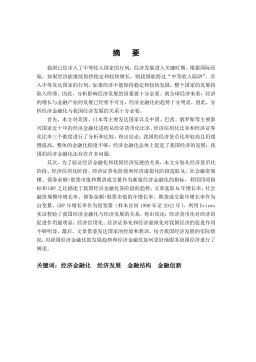图尔明模式及其应用研究
ChapterOneIntroduction1ChapterOneIntroductionAstheglobalizationoftheworldaccelerates,thetaskofteachingEnglish(consideredtobeaninternationallanguage)becomesmoreandmorecommanding.Althoughsomeprogresshasbeenmade,itseemsthatwestillhavealongwaytogo.AmongthefivebasicskillsofEnglish(listening,speaking,read...
相关推荐
-
USST_Arts_112480743自动生产线的同步维修模型及案例分析VIP免费
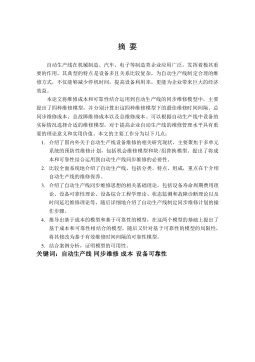
 2025-01-09 15
2025-01-09 15 -
USST_Arts_112480745基于供需网特征理念的企业间关系状态研究VIP免费
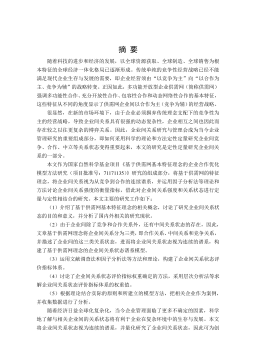
 2025-01-09 17
2025-01-09 17 -
USST_Arts_112480756 我国城镇化与能源消费结构间关系的研VIP免费
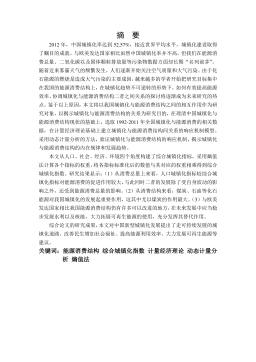
 2025-01-09 21
2025-01-09 21 -
USST_Arts_112490763 企业创新型团队社会网络、知识管理过程及团队创造力关系研究VIP免费
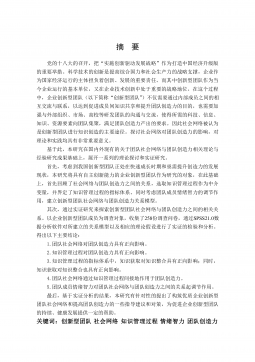
 2025-01-09 14
2025-01-09 14 -
USST_Arts_112490769创新团队执行力影响因素分析VIP免费

 2025-01-09 18
2025-01-09 18 -
USST_Arts_112070649基于团队自反性的科技型企业TMT特征对企业绩效的影响研究VIP免费
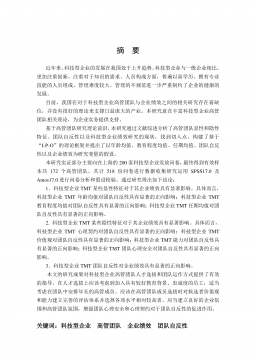
 2025-01-09 21
2025-01-09 21 -
TR公司工业机器人市场发展战略研究VIP免费
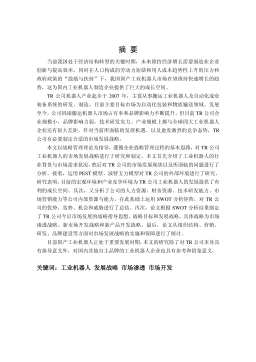
 2025-01-09 26
2025-01-09 26 -
二氧化碳套管式气冷器的研究VIP免费
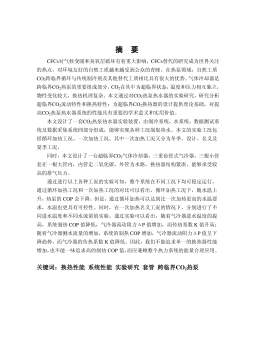
 2025-01-09 18
2025-01-09 18 -
非共沸混合物在微通道水平单管内流动沸腾特性VIP免费
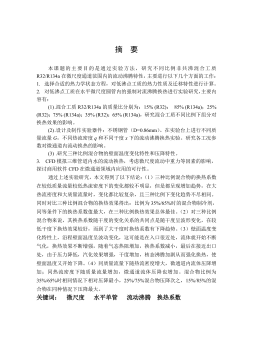
 2025-01-09 96
2025-01-09 96 -
基于MRO的连铸辊维护管理系统研究VIP免费
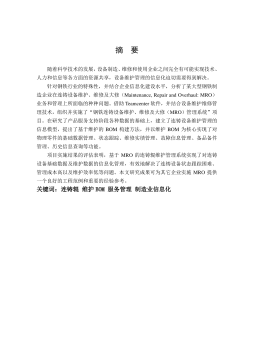
 2025-01-09 11
2025-01-09 11
作者详情
相关内容
-

USST_Arts_112070649基于团队自反性的科技型企业TMT特征对企业绩效的影响研究
分类:高等教育资料
时间:2025-01-09
标签:无
格式:PDF
价格:15 积分
-

TR公司工业机器人市场发展战略研究
分类:高等教育资料
时间:2025-01-09
标签:无
格式:PDF
价格:15 积分
-

二氧化碳套管式气冷器的研究
分类:高等教育资料
时间:2025-01-09
标签:无
格式:PDF
价格:15 积分
-

非共沸混合物在微通道水平单管内流动沸腾特性
分类:高等教育资料
时间:2025-01-09
标签:无
格式:PDF
价格:15 积分
-

基于MRO的连铸辊维护管理系统研究
分类:高等教育资料
时间:2025-01-09
标签:无
格式:PDF
价格:15 积分


